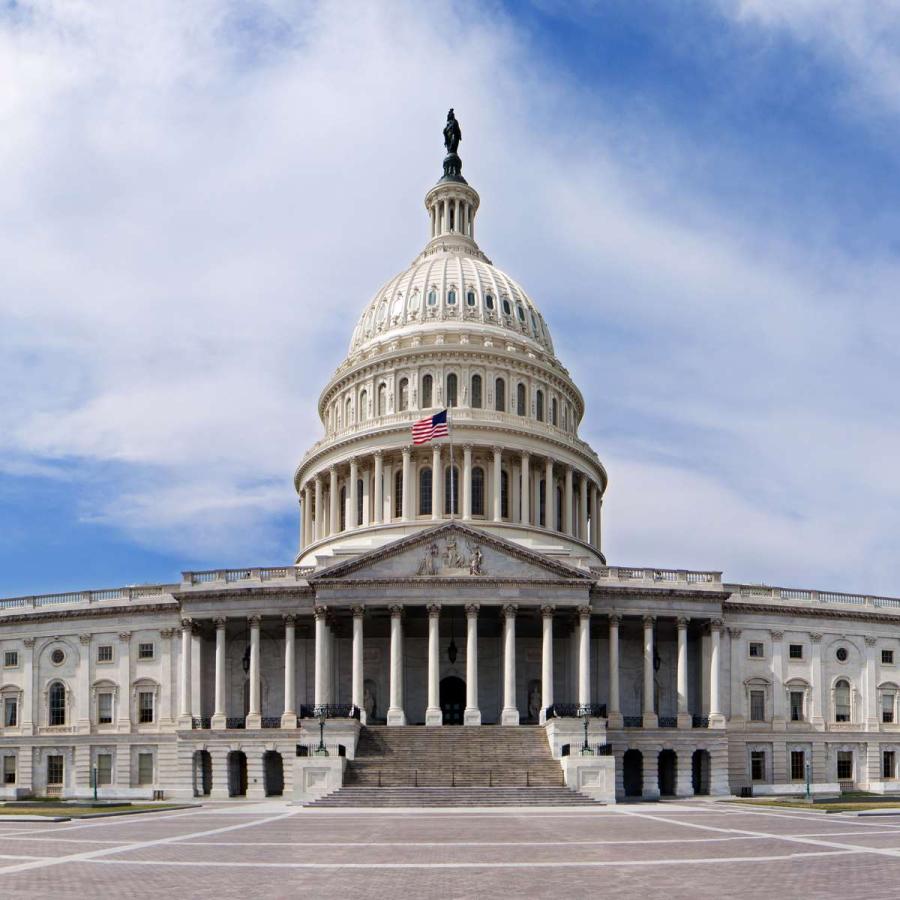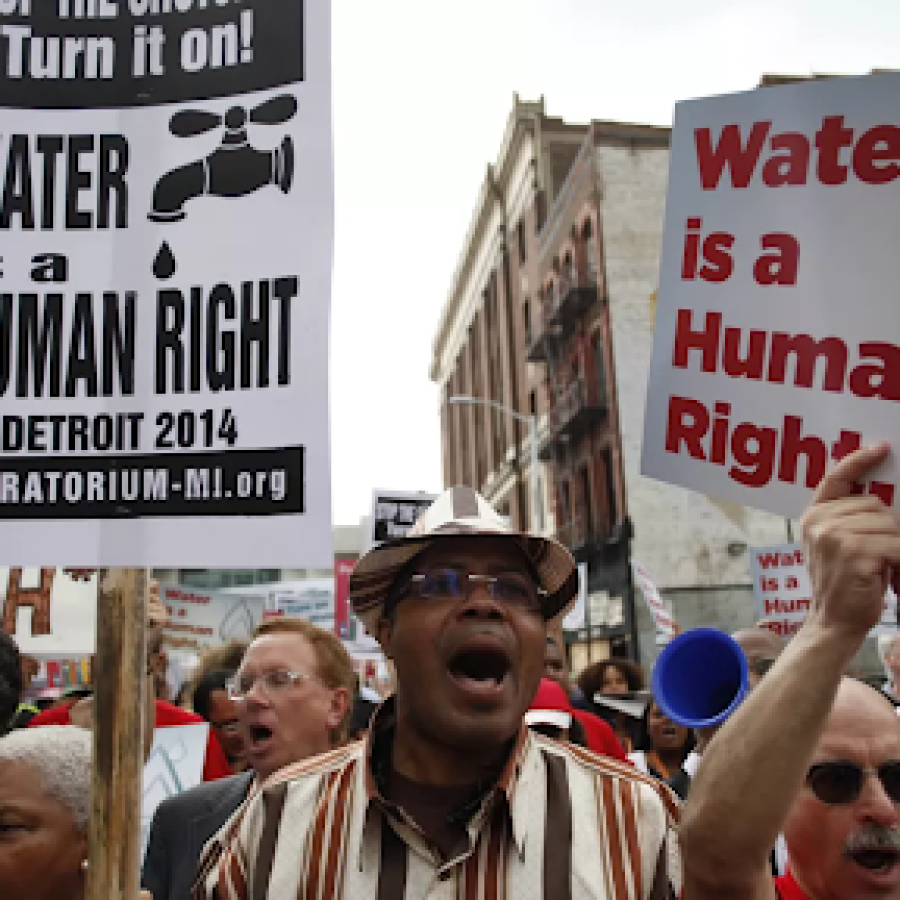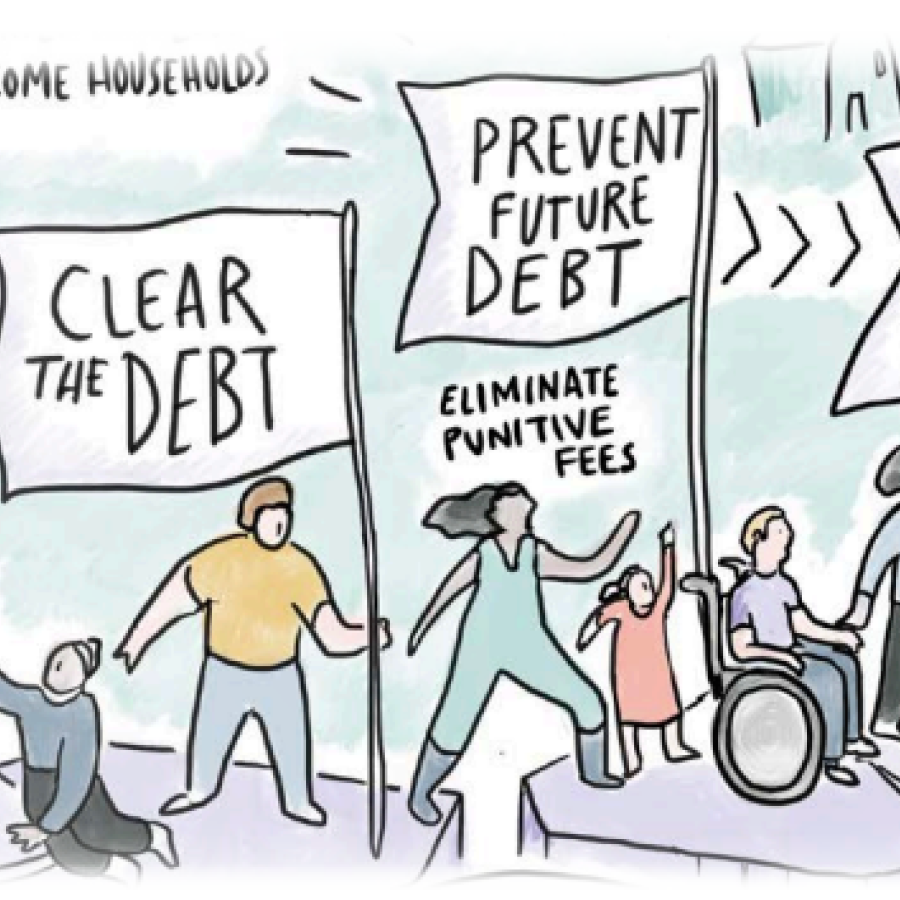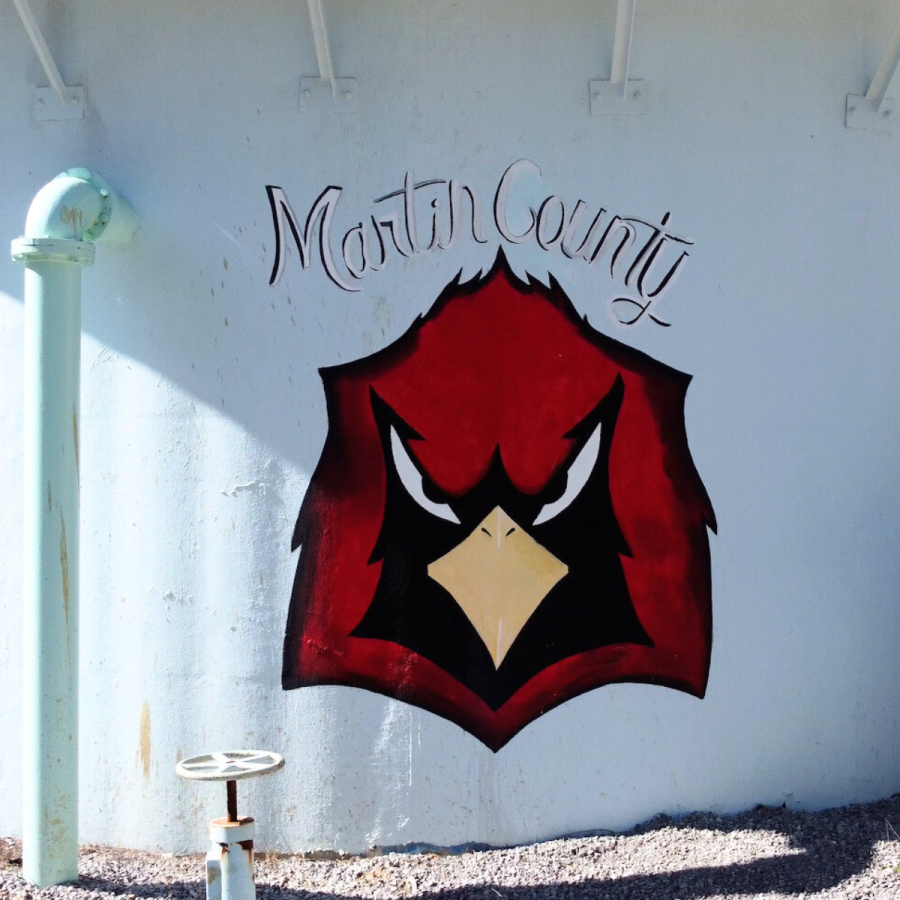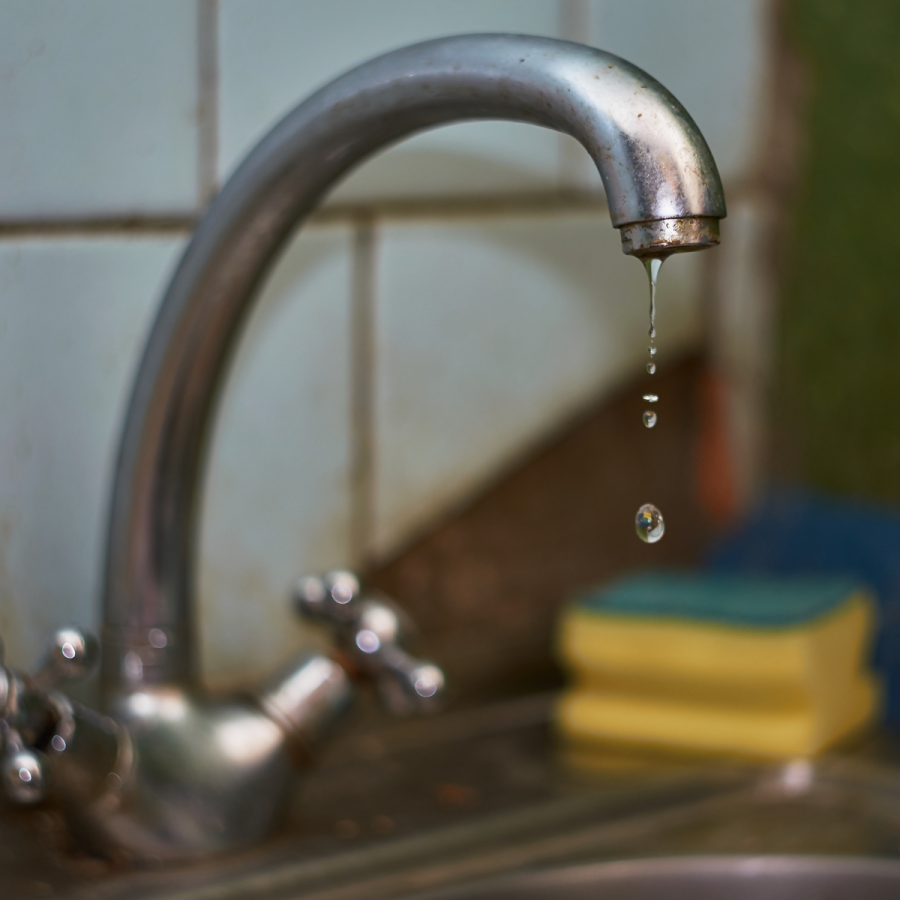The Water Equity & Climate Resilience Caucus believes every person in the United States has a right to safe and affordable water and sanitation, now and in the future. We believe governments at all levels are responsible for and capable of ensuring water affordability for all. We believe policymakers must reckon with our nation’s enduring legacy of racist and inequitable water infrastructure investments, and prioritize rural, low-income, and marginalized communities that have faced the greatest burden of unsafe and unaffordable water.
The Caucus Water Affordability for All framework focuses on water affordability because the rising costs of drinking water and sanitation are forcing families into debt and increasing the risk of water shutoffs because of overdue bills — yet no federal programs address this burden. Addressing water affordability requires a suite of investments and policies designed to maintain access for households facing the greatest economic challenges and prevent the rising costs of updating and maintaining water systems from falling on those who can least afford it.
This framework was developed through a consensus-based process in the Caucus Water Affordability Workgroup. It does not represent a complete water affordability plan or the sum total of all Caucus members’ policy priorities. We invite you to learn more about the root causes of America’s water affordability crisis and possible policy solutions.
What is America’s growing water affordability crisis?
Water rates are rising exponentially, faster than inflation and all other utility costs. In an American Water Works Association survey, 1 in 3 respondents reported struggling to pay their water bill on time. Faced with rising and unaffordable bills, households risk debt, having their water shutoff, or even losing their home or children.
How did we get here? 50 years of declining federal investment in drinking water, stormwater, and wastewater systems — plus the added stress of climate disasters like drought and flooding — are straining our aging water infrastructure to the breaking point. Low-income communities and communities of color have been hardest hit by the disinvestment, which is also contributing to the growing affordability crisis.

What do we mean by water affordability for all?
Water affordability is a comprehensive framework that addresses the root causes of the rising cost of safe water and sanitation. Many communities in the U.S. face water affordability challenges across race, class, and geography. We envision a future where all water systems are funded sufficiently to provide safe and affordable water and sanitation services; where people can reliably afford to pay their bills and no one loses water access due to inability to pay; and where water governance centers equity, justice, transparency, and accountability.
WECR Caucus Water Affordability for All Framework
This policy framework was developed by the WECR Caucus Water Affordability Workgroup and contains our vision for the future and specific policy recommendations that reflect these values. A comprehensive approach to ensure water affordability requires actions from all levels of government and utilities. These policy approaches may evolve and we remain open to dialogue and ideas that advance the human right to water in keeping with our core values.
In order to see a future where every person in the U.S. has access to safe and affordable water and sanitation, now and in the future, we need equitable policies that address the following three areas:
Funding for Infrastructure and Operations
Community-Driven Solutions for Chronically Failing Systems
Maintaining Household Water Access and Keeping Bills Affordable
Water Affordability for All endorsements
In response to the growing water affordability crisis, the WECR Caucus advocated for the establishment of a permanent water assistance program starting in 2019 through its Federal Policy Advocacy Workgroup. In Jan 2024, WECR Caucus members established a Water Affordability Workgroup, including dozens of Caucus members across the U.S., to build consensus on a broader agenda (i.e. beyond establishing a low income water assistance program) to address water affordability. WECR Caucus members who support these as general principles and potential policy solutions for addressing the growing affordability crisis include:
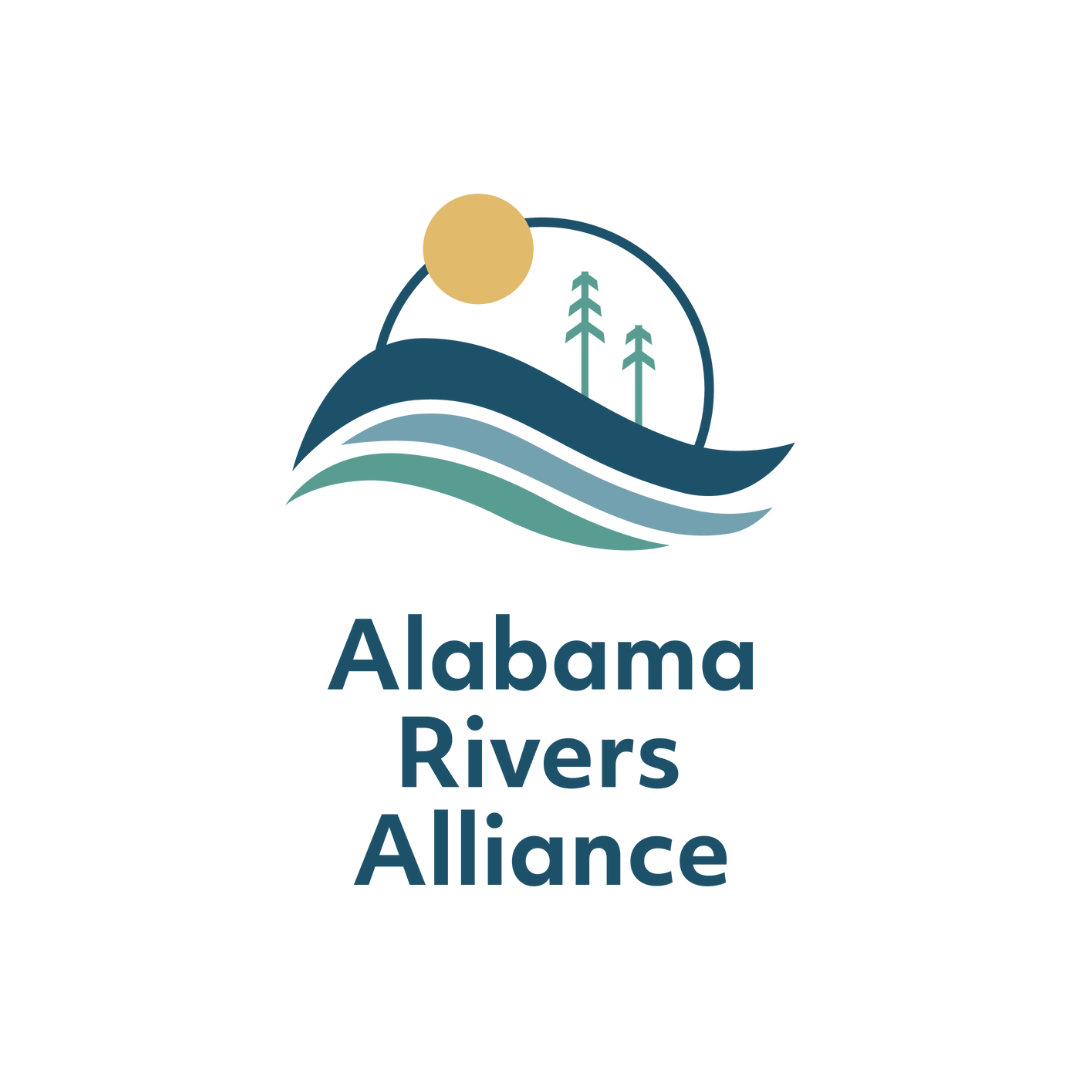
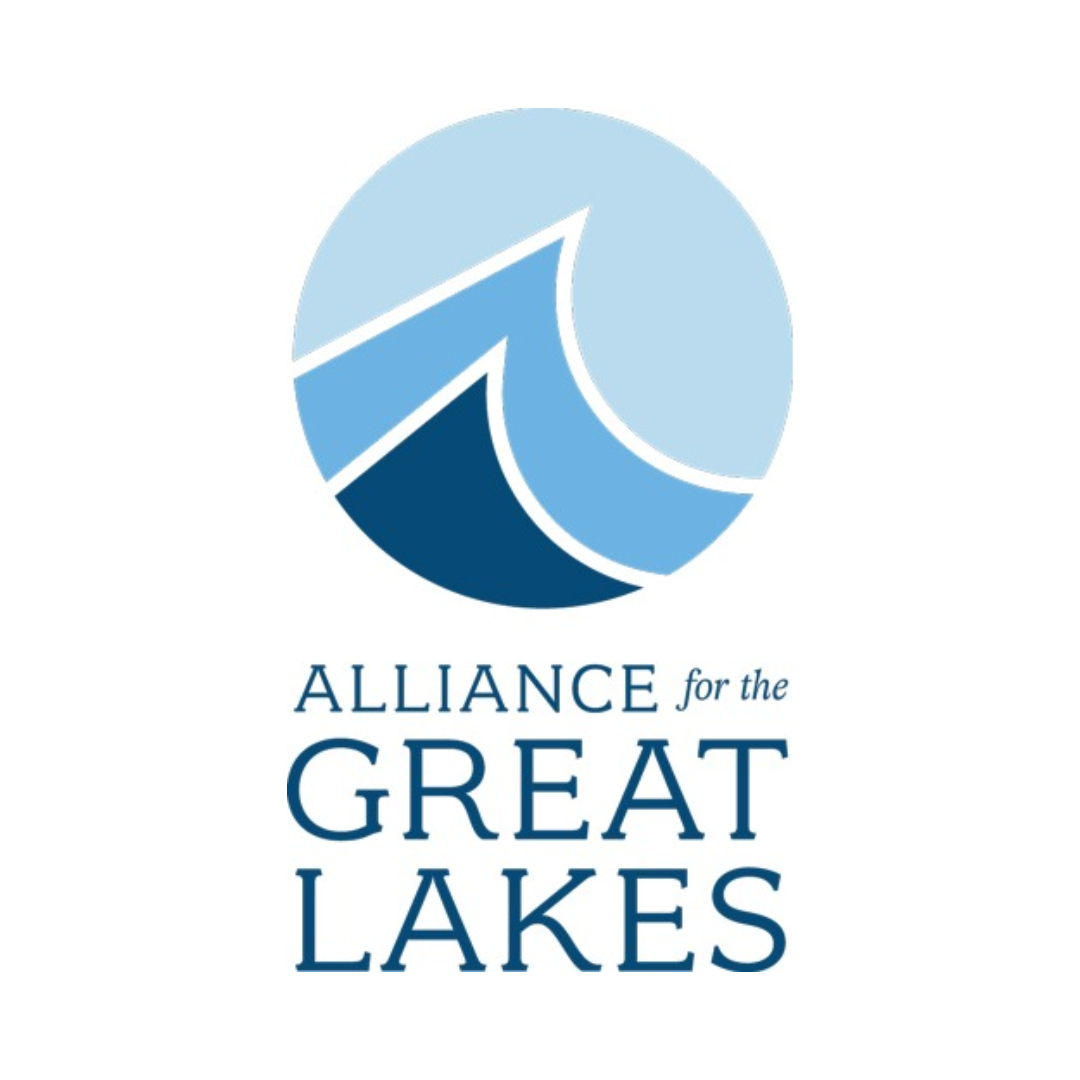
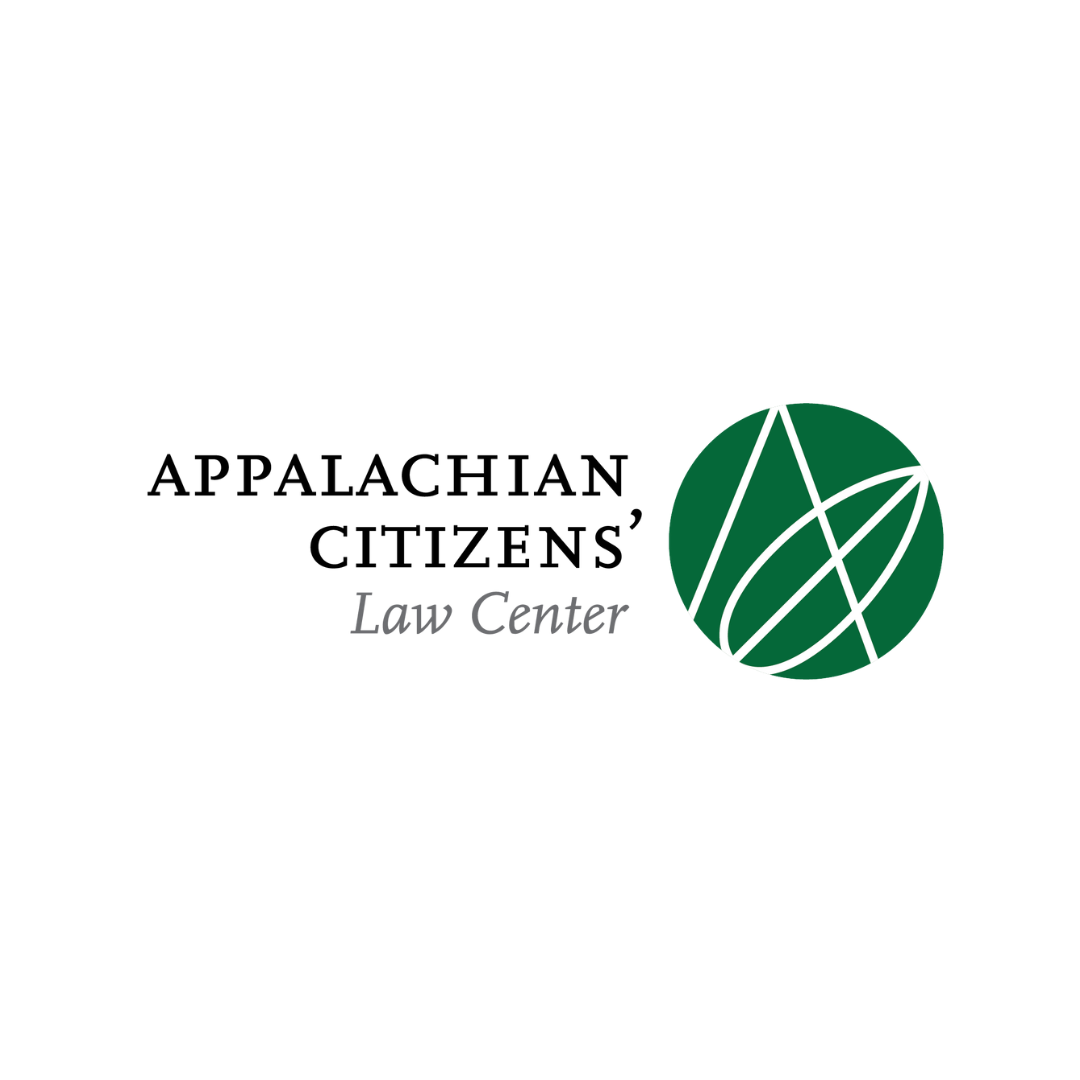
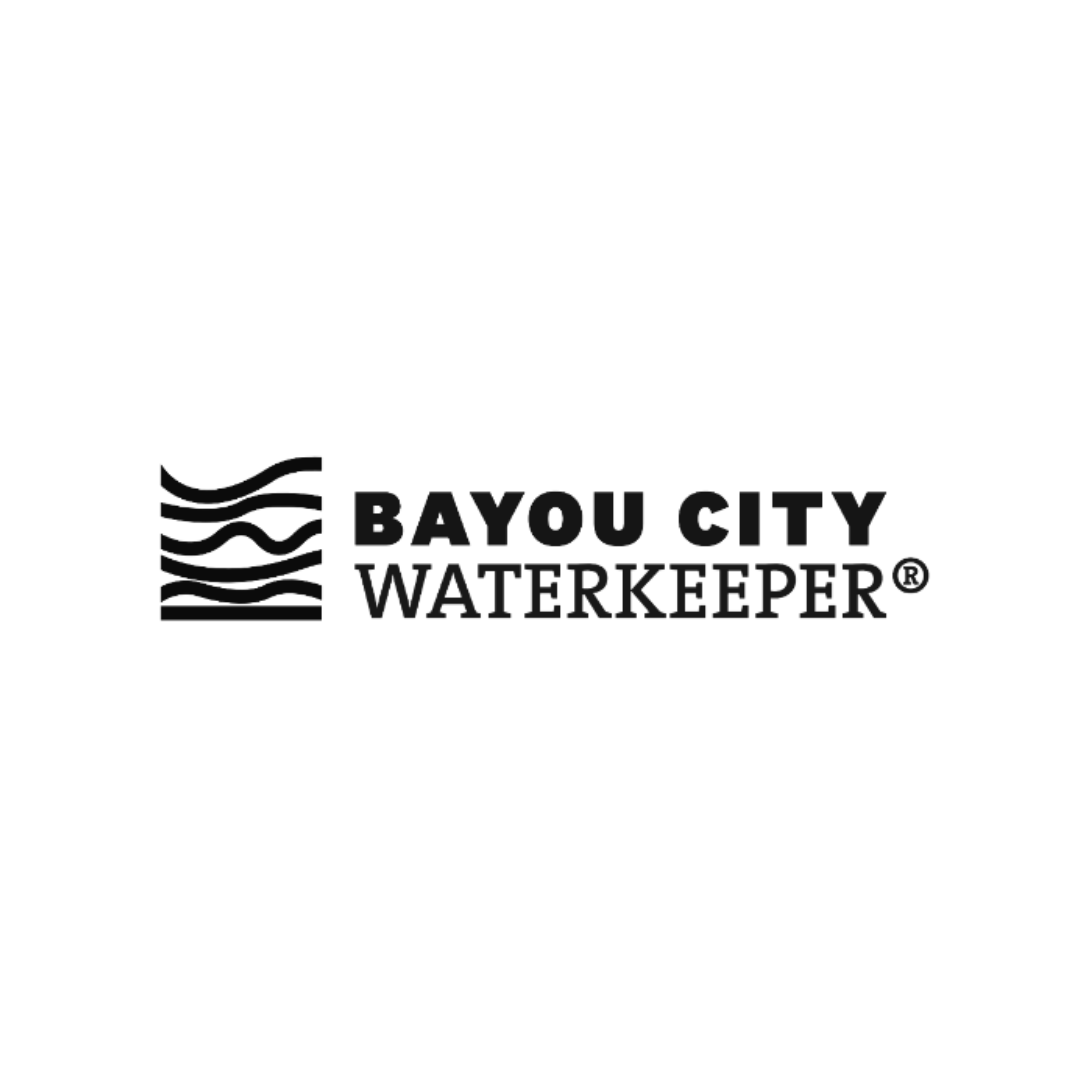
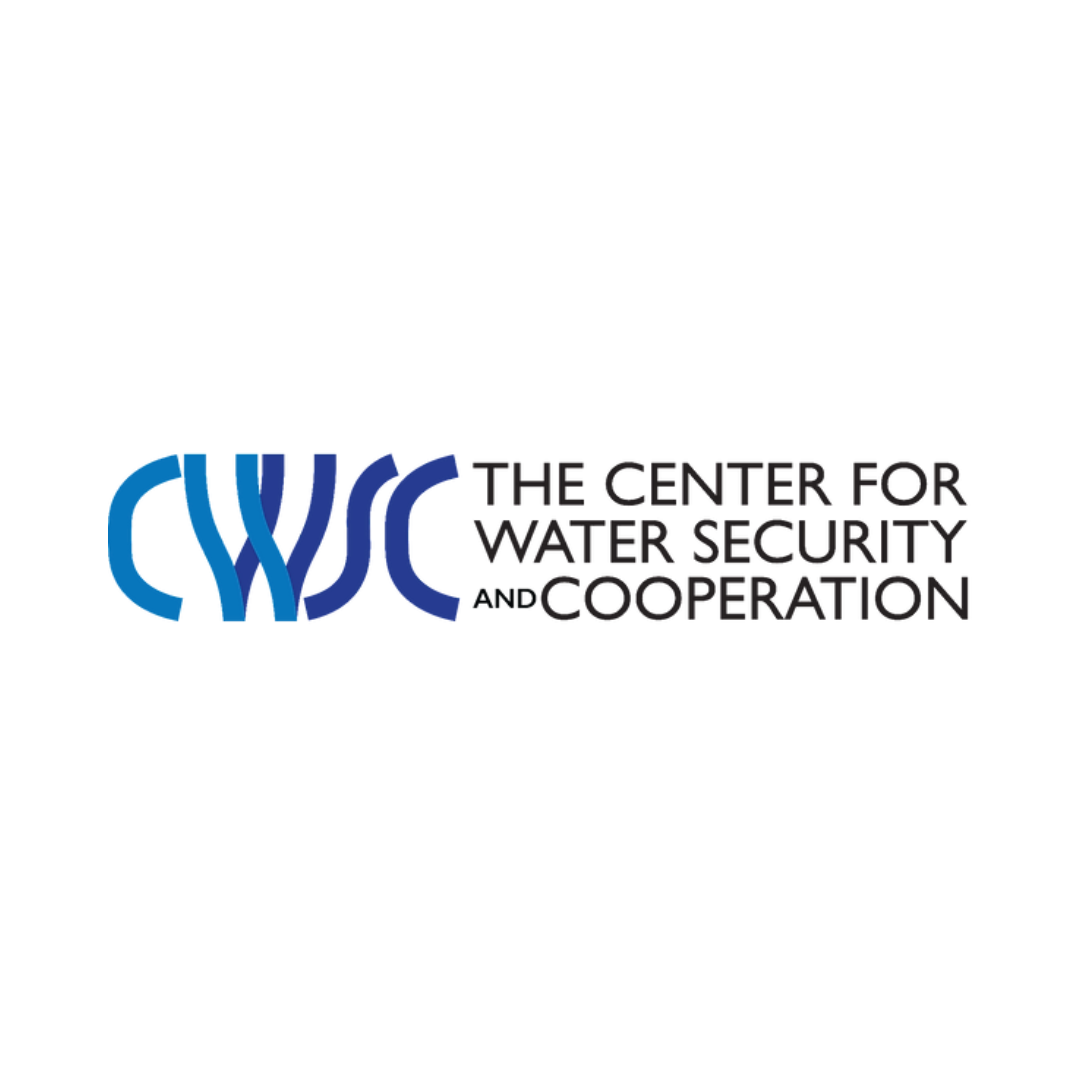
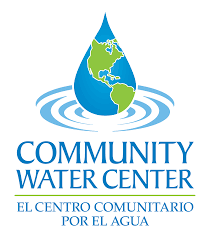
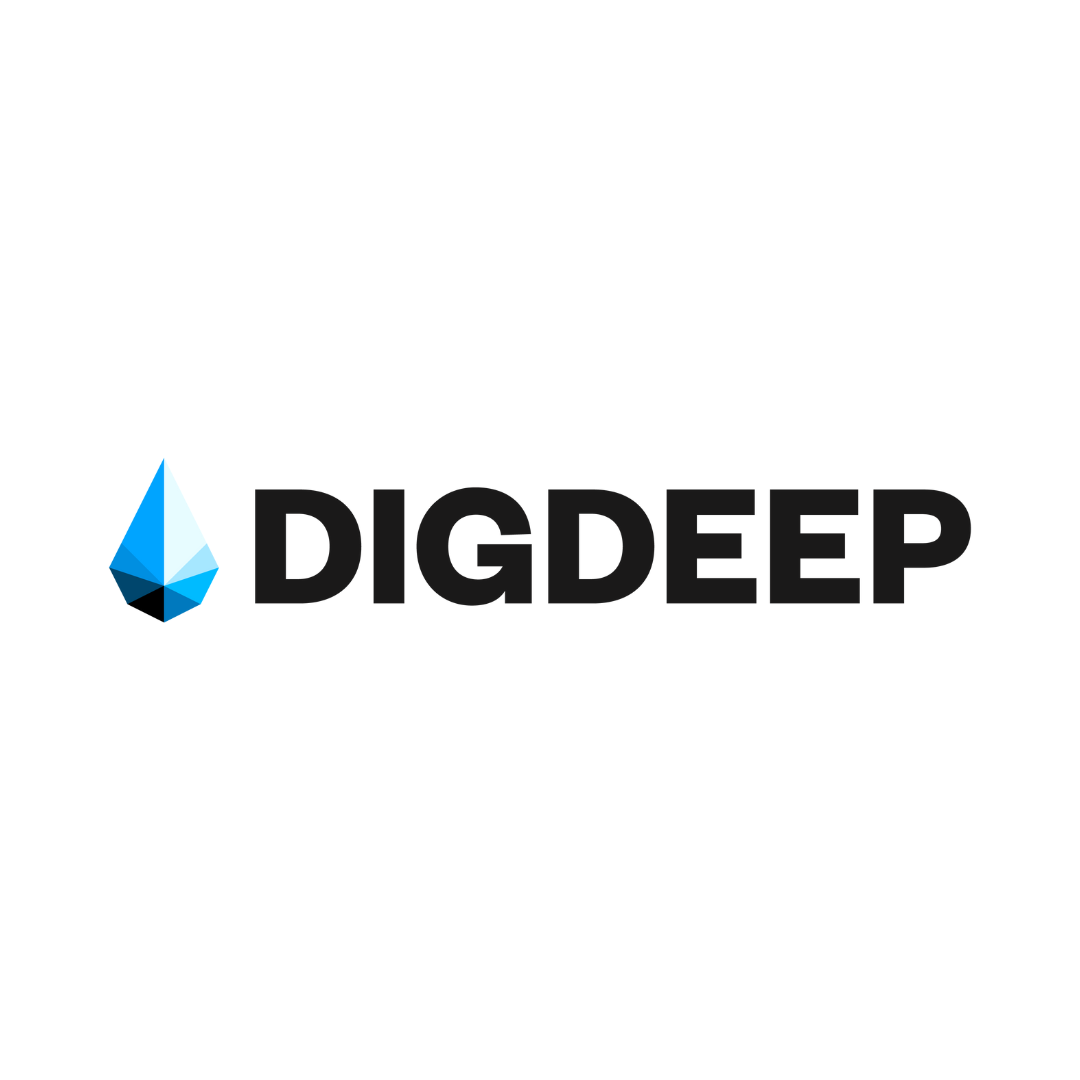
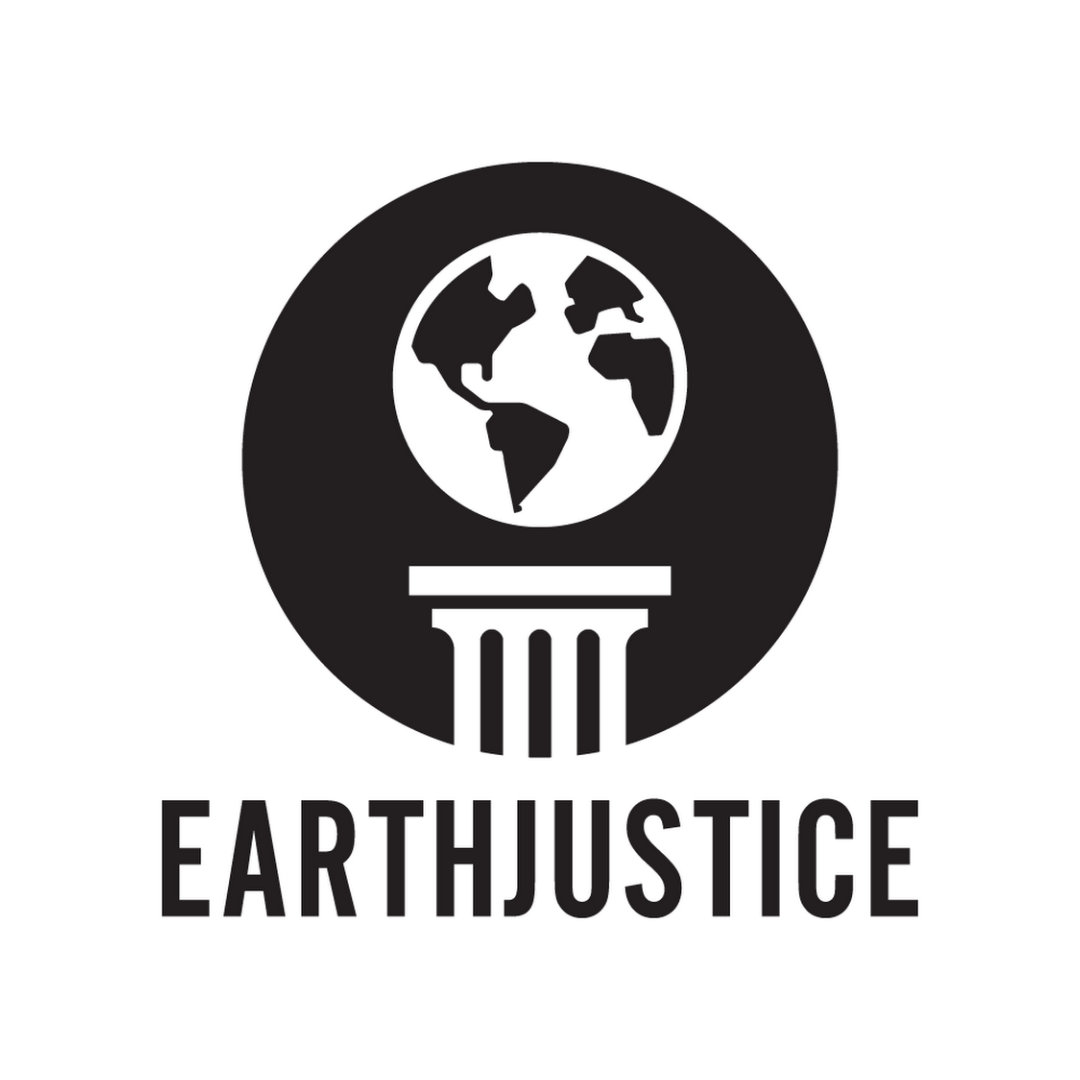
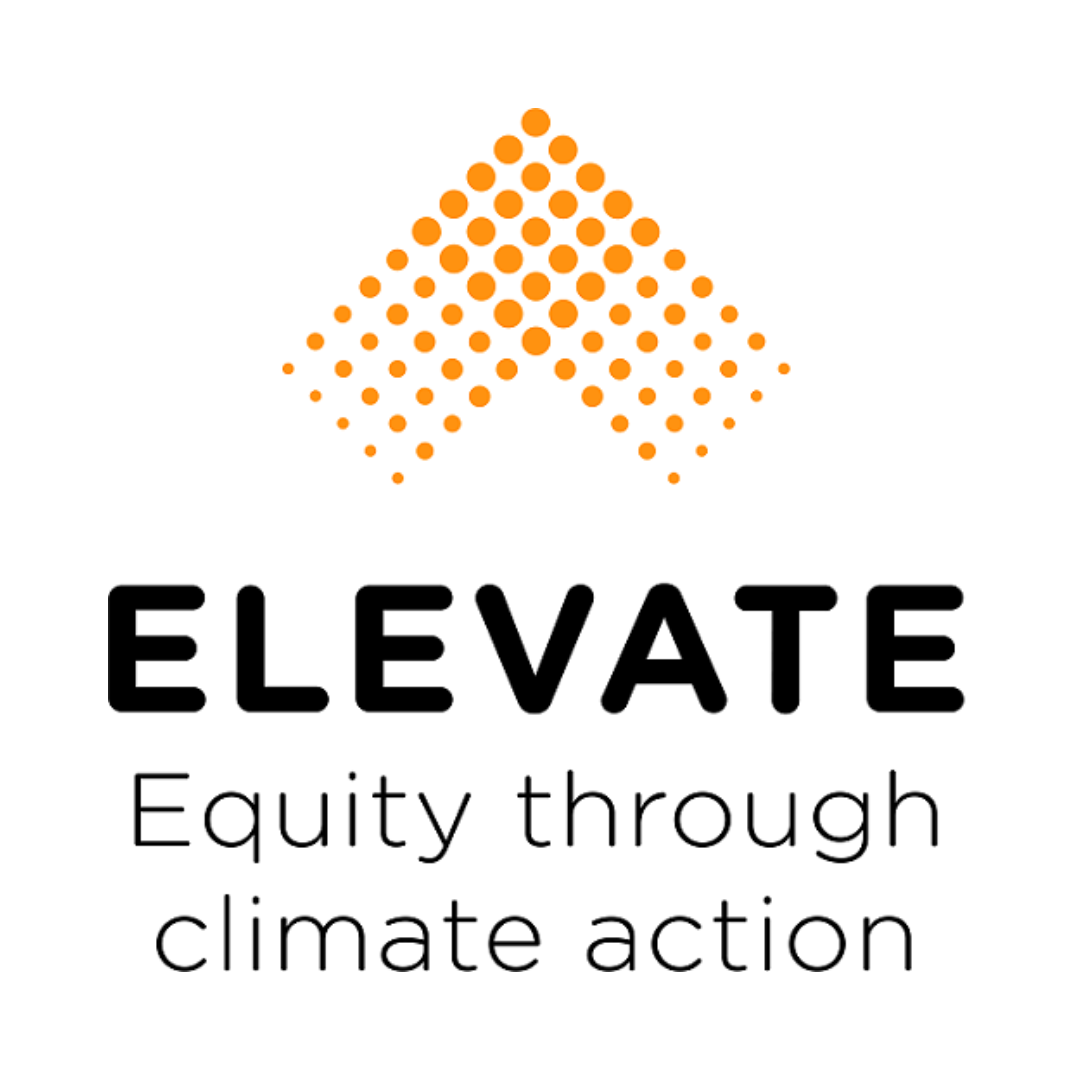
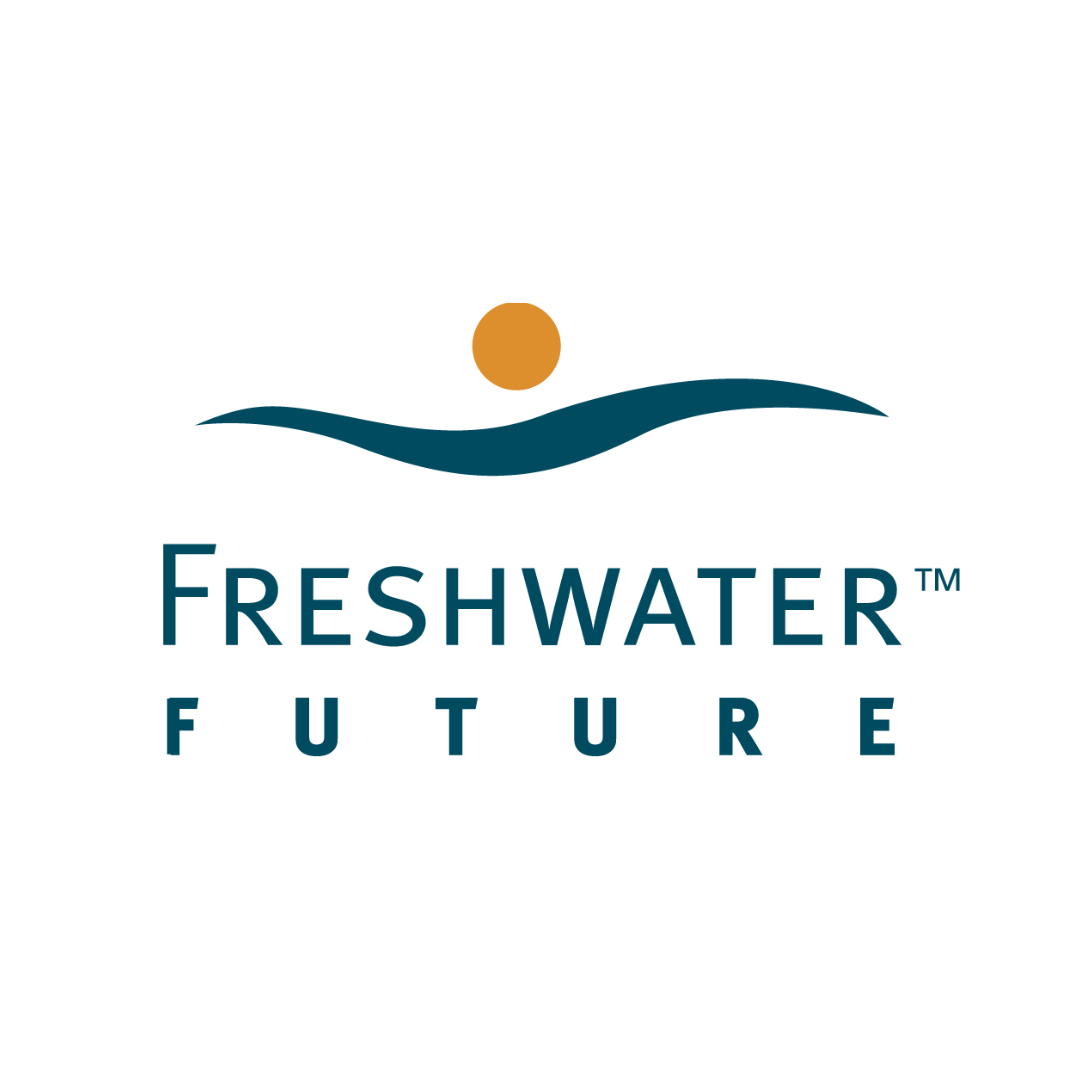
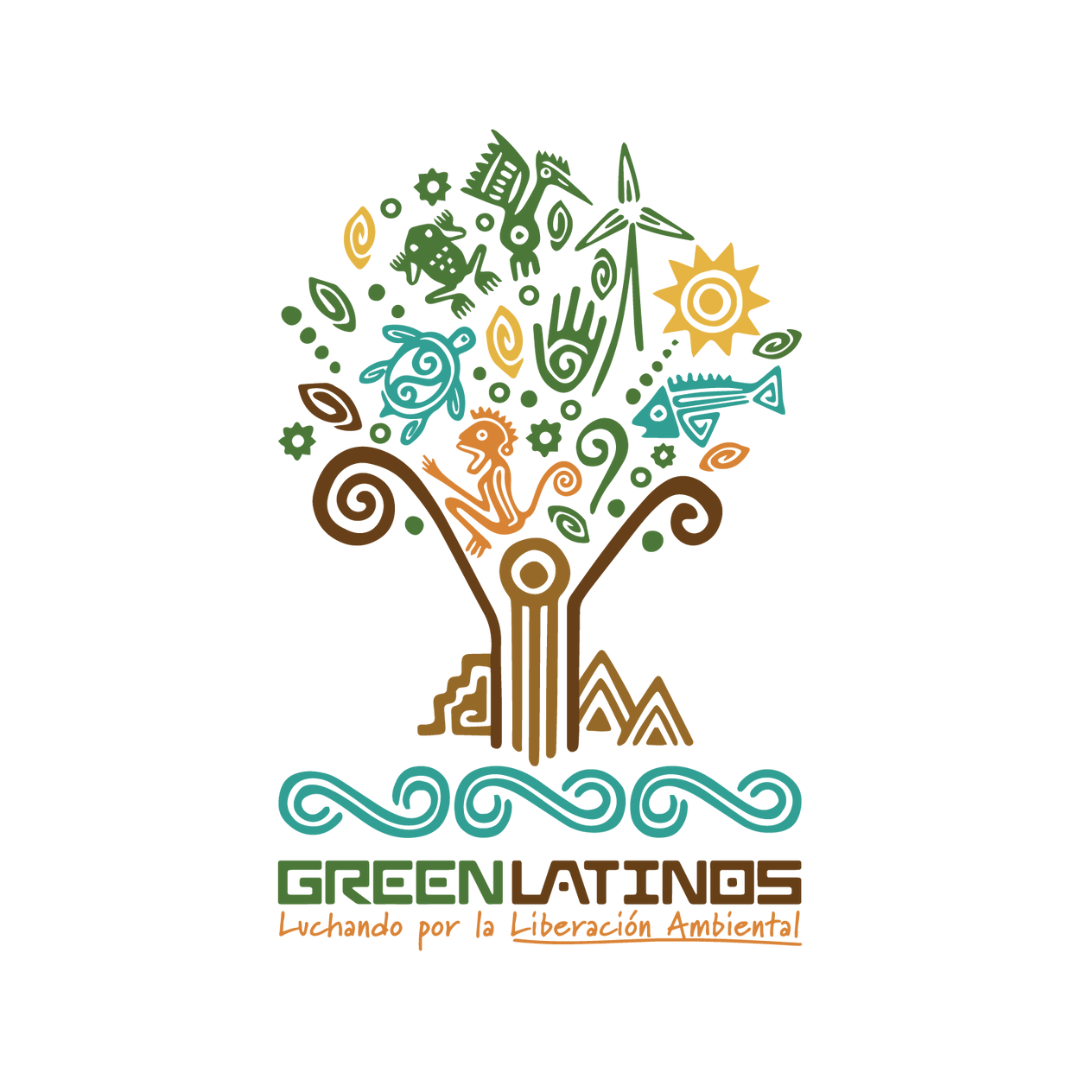
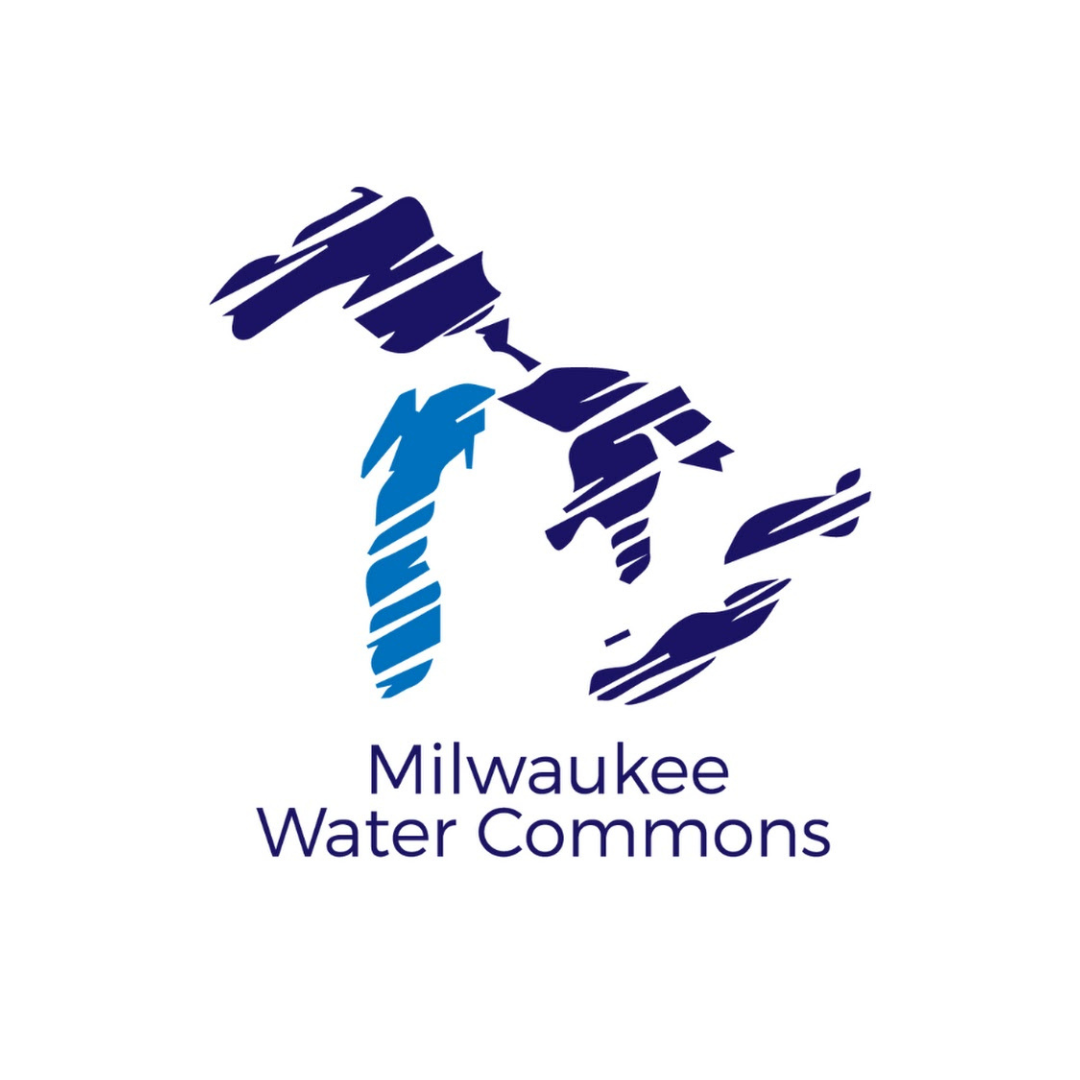
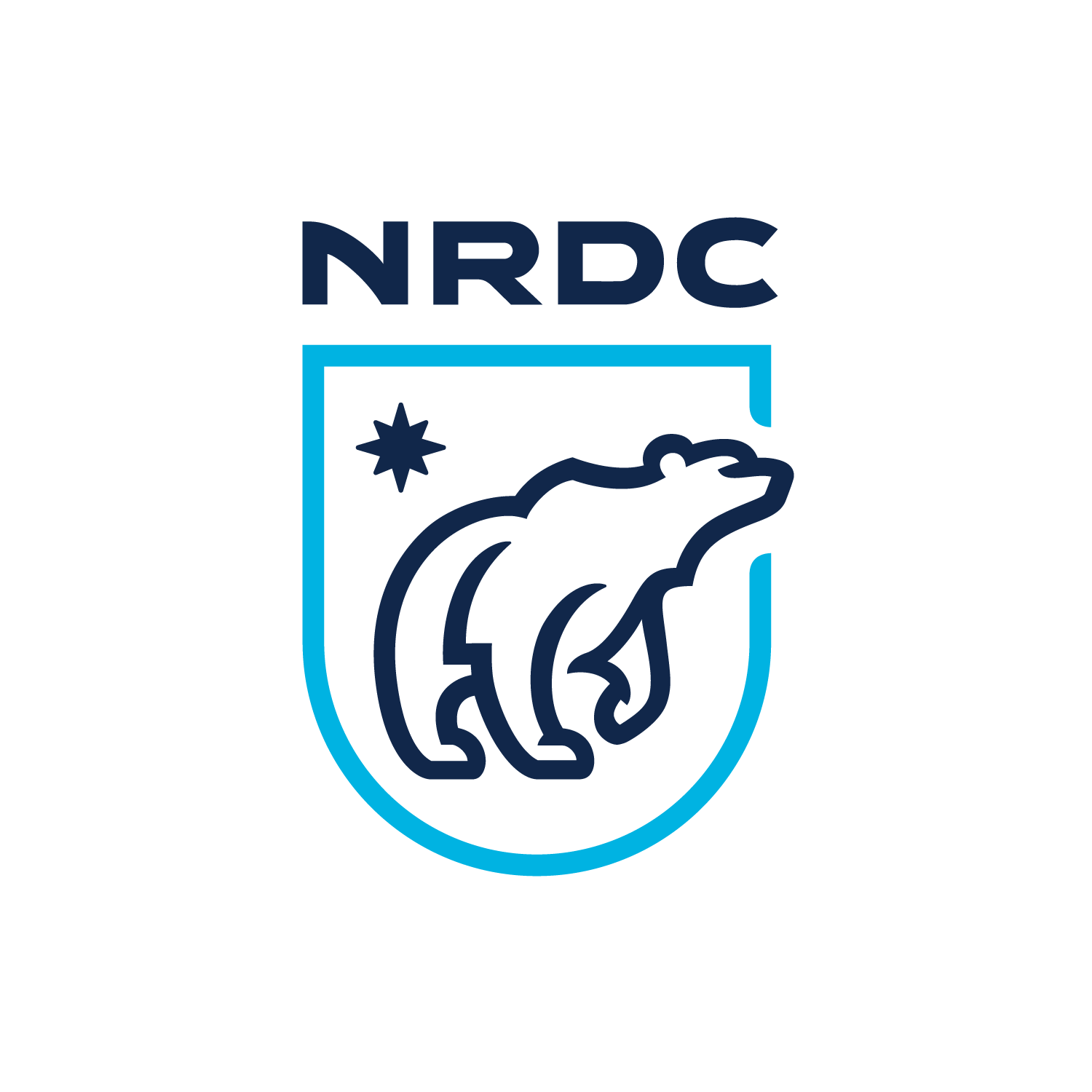


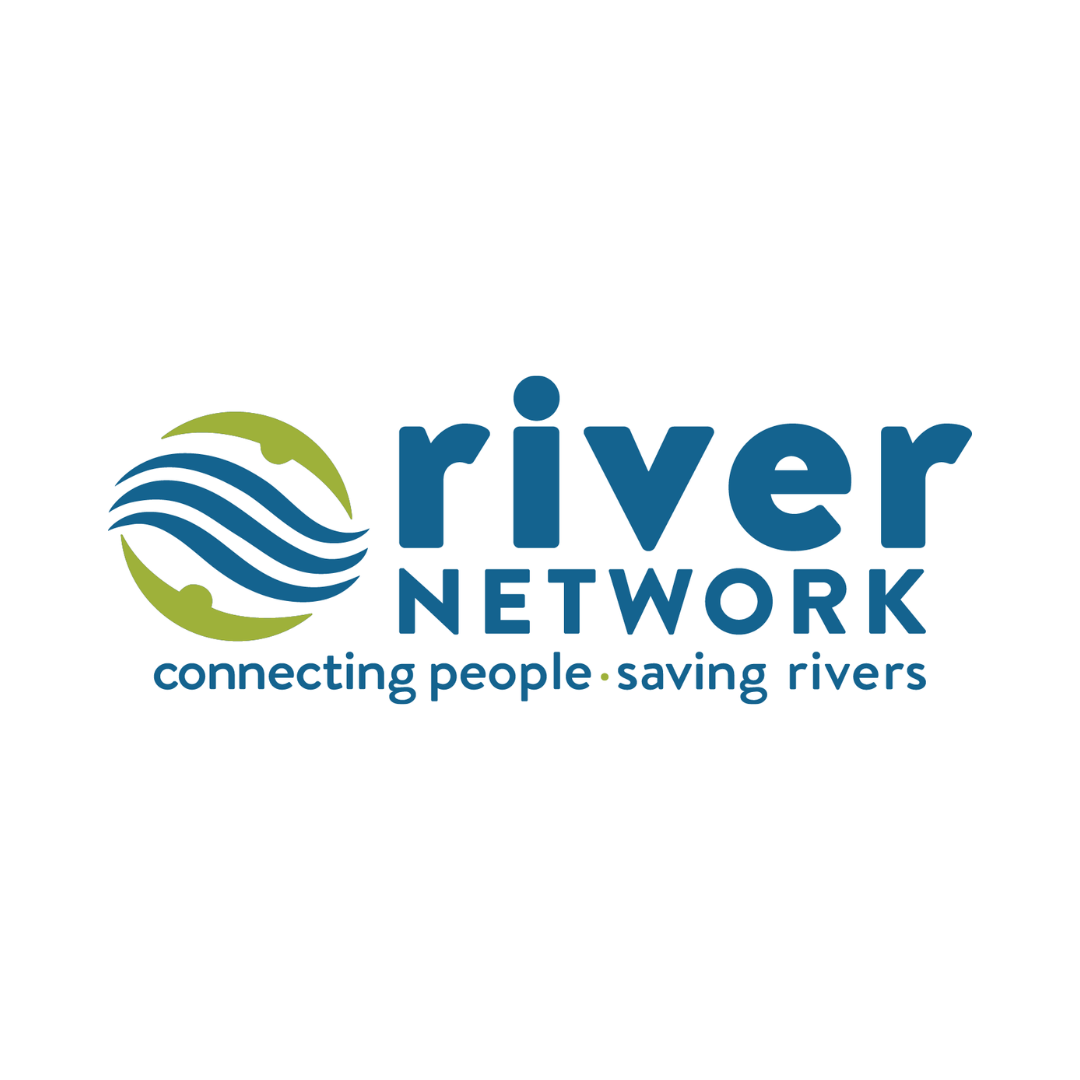

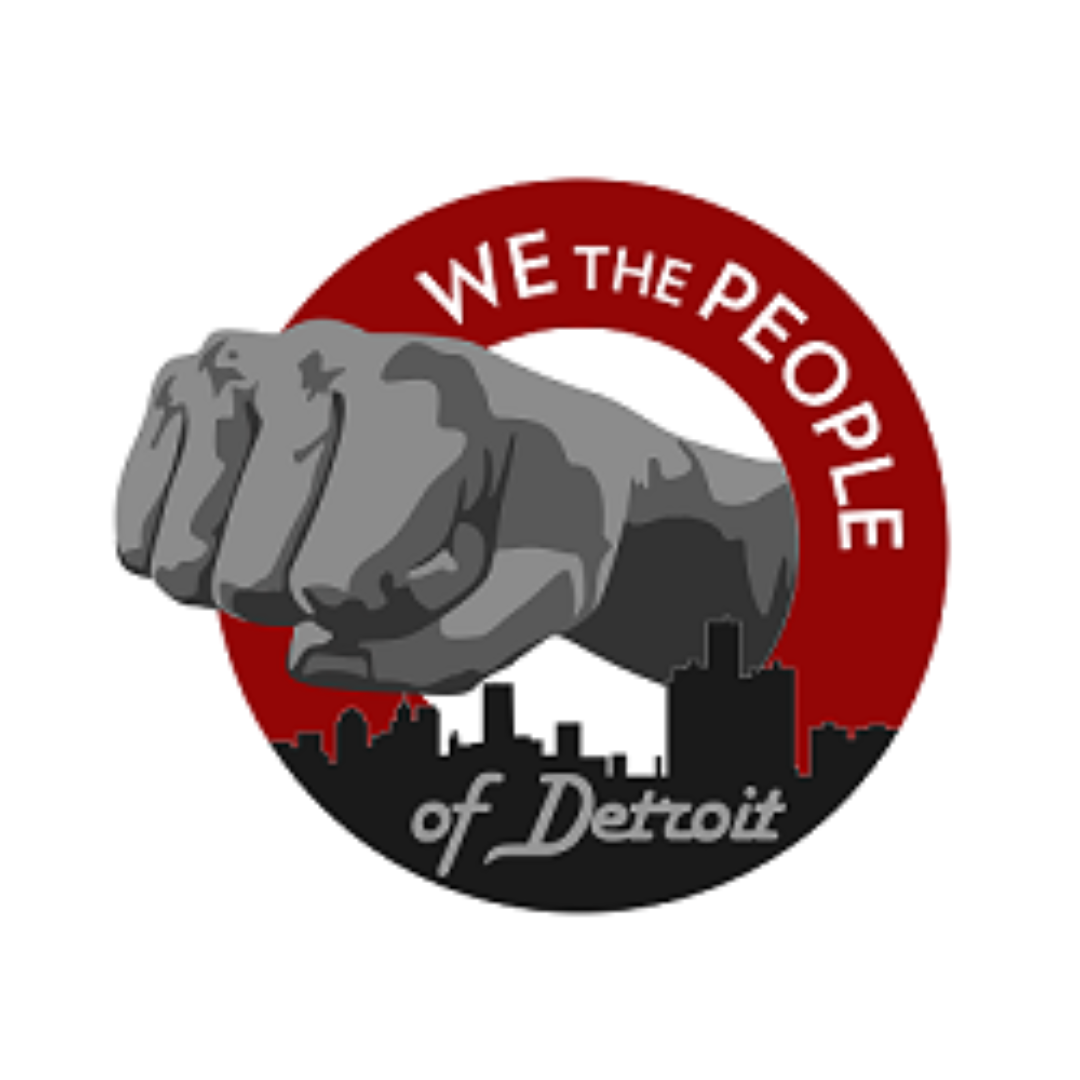
Policy progress
Since releasing the Water Affordability for All Framework, the Caucus has worked to advance water affordability policy in Congress. The Caucus worked in partnership with water affordability champions Representatives Rashida Tlaib (D-MI) and Debbie Dingell (D-MI) to craft the Half-Century Update for Water Access and Affordability Act (H2O UP Act of 2024). The bill, introduced in November 2024, establishes the first-ever permanent, federal low-income water affordability program at the U.S. Environmental Protection Agency (EPA), paired with much-needed technical assistance, data collection and reporting, and improvements in the administration of State Revolving Loan Funds that address the root causes of unaffordable water. On the 50th annivesary of the Safe Drinking Water Act, the Caucus supported the introduction of the AQUA Act, which not only included nearly $104 billion in investments for the nation’s drinking water systems, but would also authorize a permanent federal water affordability program.
In December 2024, EPA released the first Water Affordability Needs Assessment, finding 19.2 million U.S. households, or 1 in 7 people in the U.S., have unaffordable water. Throughout the process, PolicyLink and members of the Caucus met with EPA staff, participated in stakeholder meetings, and provided written input as the agency developed this assessment. That included sharing state and local data, research on the impact of rising water bills, on-the-ground stories, and recommendations for policies that maintain drinking water access for households facing the greatest economic challenges. For the first time, the EPA recommended a federal water bill assistance program requiring $8.8 billion per year in federal funding to close the current water affordability gap. Read the Caucus press release in response to the EPA report.



